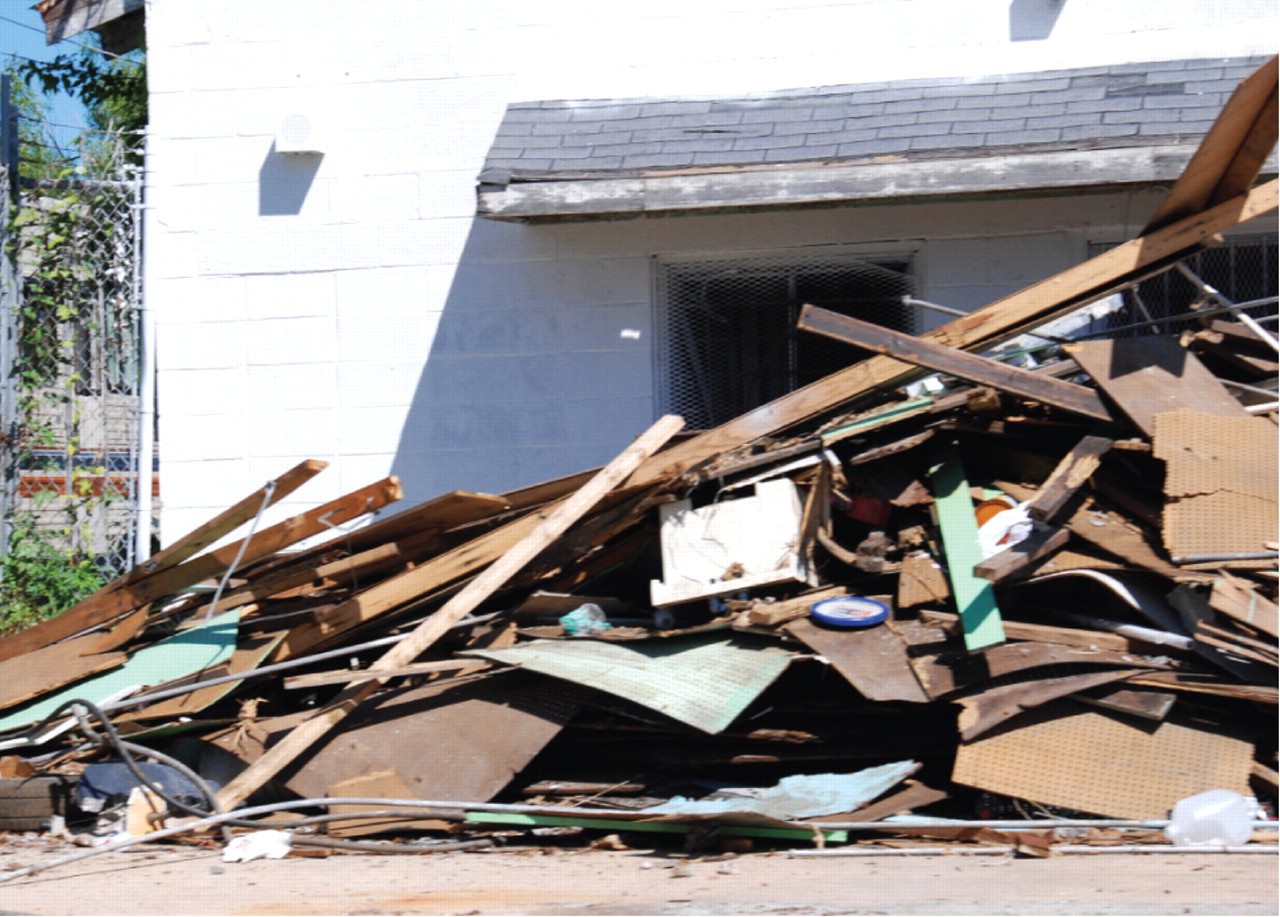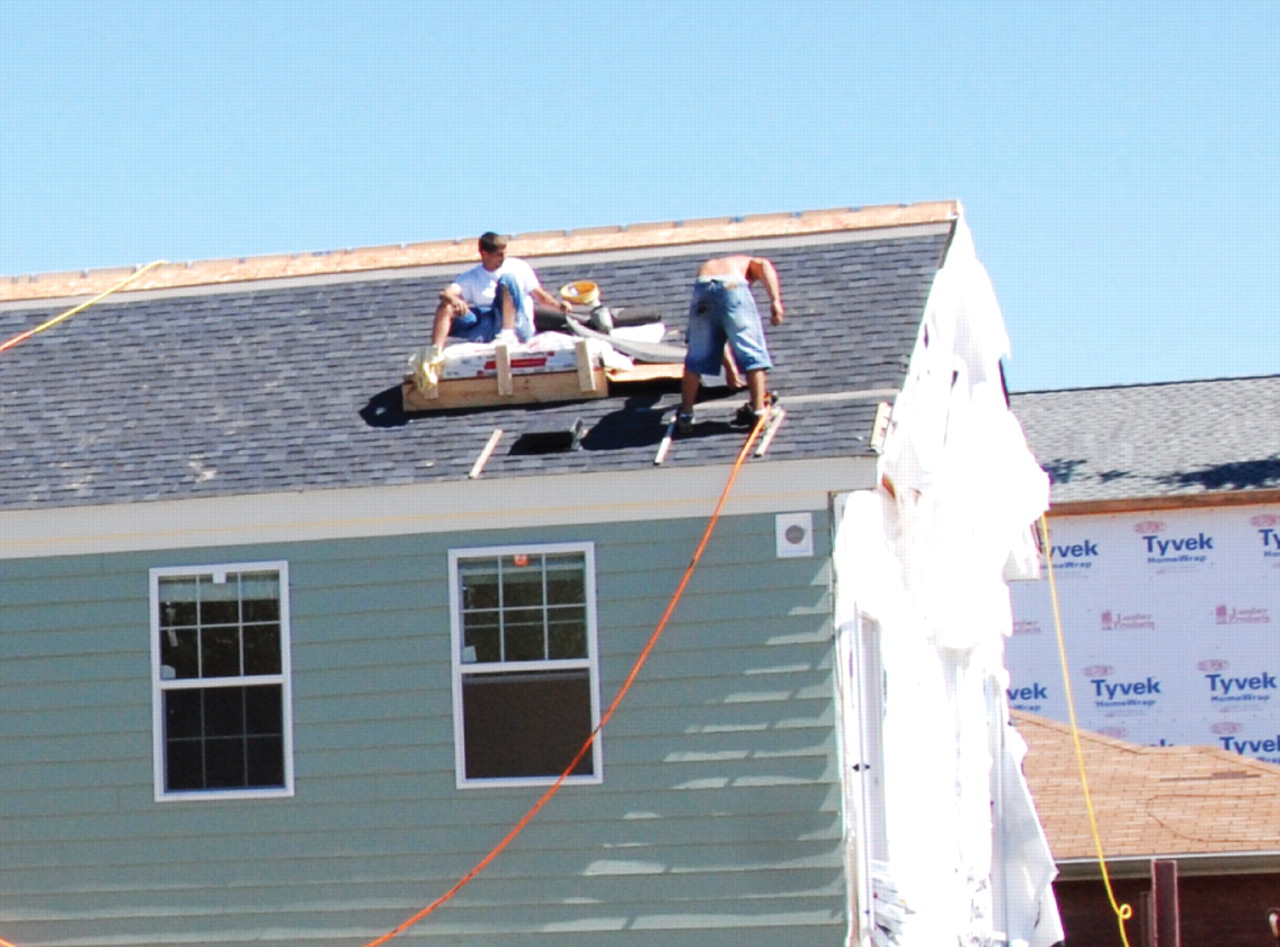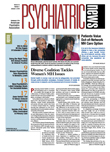Anxiety or mood disorders were nearly twice as common among Hurricane Katrina survivors from New Orleans compared with people who had lived in other storm-affected areas, according an ongoing community survey.
A related analysis found that 1 in 5 persons who had mental disorders before the storm, and others who developed symptoms only afterward, had trouble continuing or finding treatment.
Both reports are based on findings from the Hurricane Katrina Community Advisory Group. The group surveyed a representative sample of 1,043 prehurricane residents of Alabama and Mississippi counties and Louisiana parishes directly affected by Hurricane Katrina in 2005. Researchers telephoned respondents five to seven months later and used the K6 screening scale to identify types and intensity of nonspecific psychological distress.
The first study found that 31 percent of the entire sample reported a mood or anxiety disorder in the 30 days prior to answering the survey. That figure masked differences between the New Orleans metropolitan area and everywhere else, wrote Sandro Galea, M.D., Dr.P.H., of the Department of Epidemiology at the University of Michigan School of Public Health, and colleagues, in the December 2007 Archives of General Psychiatry. A closer look revealed that 49 percent of respondents who had lived in New Orleans before the storm reported a mood or anxiety disorder compared with 26 percent among residents in the other areas. Posttraumatic stress disorder (PTSD) rates were 30 percent among New Orleanians, but less than 13 percent of the others.
The survey inquired about 10 hurricane-related stressors and related them to mood and anxiety disorders. These, too, differed geographically. Physical illness or injury and physical adversity (like lacking food or sleeping in a church basement) most strongly raised the odds for a mental disorder among those from New Orleans, while financial loss was the key factor among people in other areas.
Perhaps in New Orleans, coping with death, injury, physical adversity, and geographic displacement may have made property loss seem relatively less significant, speculated Galea and colleagues.
Why hurricane-related stressors correlated more strongly with anxiety and mood disorders among New Orleanians than people living elsewhere was unclear, wrote Galea and colleagues, although they suggest that “undetermined vulnerability or contextual factors” were responsible.
The researchers also noted that sociodemographic factors seemed to play little or no role in who was affected by hurricane-related stressors.
“Increased mental illness in the wake of the hurricane must address the needs of persons in all segments of society rather than target specific population segments,” they concluded.
If physical adversity were traceable to the “slow government response to Hurricane Katrina,” then better material assistance after future disasters would make sense not only on humanitarian grounds, they wrote,“ but also as a way to minimize the adverse mental health effects of disasters.”
The second study found that although nearly half of individuals with a preexisting mental disorder received some kind of treatment after the storm, 23 percent had trouble continuing treatment, either because their treatment was reduced (said 10 percent of those surveyed) or terminated (said 13 percent), wrote the study authors in the January American Journal of Psychiatry. The authors were Philip Wang, M.D., Ph.D., of the Division of Services and Intervention Research at the National Institute of Mental Health, Ronald Kessler, Ph.D., of the Department of Health Care Policy at Harvard Medical School, and colleagues.
About 19 percent of respondents without a pre-Katrina psychiatric diagnosis met criteria for at least one in the survey, but only 19 percent of that group received any treatment for their conditions.
The reasons for not getting treatment differed between the two groups. Financial barriers, lack of services, and transportation problems hindered treatment for persons diagnosed before the storm. These factors proved more common among people from the New Orleans area than other devastated areas. However, people with new-onset disorders more often believed that symptoms would get better on their own as time passed and so did not see a need for treatment.
Katrina destroyed mental health facilities and drove many health providers from the region. The storm also closed businesses, leading to a loss of income and health insurance for many people. As a result, many people lost their opportunities for mental health treatment.
About 18 percent of respondents were treated by psychiatrists after the hurricane, including 7 percent seen only by a psychiatrist, while 65 percent were seen only by a primary care physician.
“While psychiatrists saw only a small proportion of cases overall, they had provided treatment to nearly half of those with preexisting cases experiencing posthurricane disruptions in care,” wrote Wang and colleagues.
Pharmacotherapy was the most common form of treatment among both psychiatrists (52 percent) and other clinicians (65 percent). Psychiatrists provided psychological counseling (defined as eight or fewer sessions, or sessions lasting less than 30 minutes) more often (64 percent) than other clinicians (33 percent).
Psychiatrists might use this counseling dimension of their training to ensure treatment of patients during disasters, wrote Wang.
Kessler also reported his findings to the Senate Ad Hoc Subcommittee on Disaster Recovery in Washington, D.C., last November. Finding better ways to cope with the mental health demands caused by disasters like Katrina requires more research, not just resources for helping survivors, he said.
“We don't have a lot of things in our bag of tricks,” he told senators, including Mary Landrieu, (D-La.). “We know that emergency psychiatric medicine has lagged.”
Kessler cited the uncritical rush to adopt critical incident stress debriefing, which was later discredited in controlled trials as useless or harmful, as an example of how not to improve care for storm victims.
In future crises, he said, the government should commit some increment of the resources expended—he suggested 1 percent—to research and planning for future disasters.
“We should be thinking creatively about things we're not sure will work but might be worth looking at, and thinking about what works and what doesn't,” he said. Ideas to test might include having psychiatrists or psychologists donate a couple of hours a week to counsel survivors by phone or arranging for a psychiatrist to serve as a consultant or collaborator with primary care doctors in order to expand opportunities for care.
“Exposure to Hurricane-Related Stressors and Mental Illness After Hurricane Katrina” is posted at<http://archpsyc.ama-assn.org/cgi/content/abstract/64/12/1427>.“ Disruption of Existing Mental Health Treatments and Failure to Initiate New Treatment After Hurricane Katrina” is posted at<ajp.psychiatryonline.org> under the January issue. ▪


